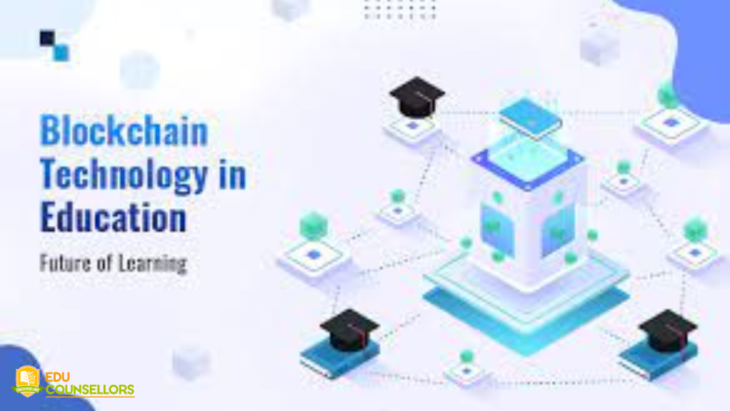Blockchain technology, often associated with cryptocurrencies like Bitcoin, is poised to revolutionize various sectors, and one of the areas where it holds immense promise is education. The integration of blockchain technology in education has the potential to bring about significant changes, offering transparency, security, and efficiency to various aspects of the educational ecosystem. In this article, we will explore the future of blockchain technology in education and its potential implications.
Future of Blockchain Technology in Education
- Credential Verification- One of the most immediate and impactful applications of blockchain technology in education is the verification of academic credentials. Blockchain allows for the creation of tamper-proof digital records of degrees, diplomas, certificates, and transcripts. These records can be easily accessed and verified by employers, educational institutions, and individuals, eliminating the need for lengthy verification processes.
- Reducing Fraud- Academic fraud, including the creation of fake diplomas and degrees, is a significant concern in the education sector. Blockchain’s immutability and transparency make it exceedingly difficult for fraudulent credentials to go unnoticed. Educational institutions can issue digital certificates on the blockchain, ensuring that only legitimate achievements are recognized.
- Microcredentialing- As the job market evolves, the demand for specialized skills and continuous learning is on the rise. Blockchain can facilitate microcredentialing, where individuals earn and store smaller, specific qualifications and badges on a decentralized ledger. This allows professionals to demonstrate their expertise in niche areas, improving their employability.
- Ownership of Data- In traditional educational systems, student data is often controlled and stored by institutions. With blockchain, students can have greater control over their data, deciding who has access to it and for what purpose. This shift empowers students to share their educational achievements selectively.
- Smart Contracts for Learning Agreements- Smart contracts, self-executing agreements with the terms of the contract directly written into code, can streamline administrative processes in education. For example, they can automate tasks like enrollment, fee payments, and course registrations, reducing administrative overhead and errors.
- Global Accessibility- Blockchain’s decentralized nature makes educational records and resources accessible worldwide. This can be especially beneficial for students in remote or underserved regions who may have limited access to traditional educational institutions.
- Data Security and Privacy- Blockchain’s security features, including encryption and decentralization, enhance the privacy and security of sensitive student information. This is crucial in an era where data breaches are a significant concern.
- Research and Academic Publishing- Blockchain can also disrupt the academic publishing industry by providing a transparent and secure platform for publishing research papers and validating their authenticity. This could reduce the prevalence of predatory publishing and improve the quality of scholarly work.
- Reducing Bureaucracy- By automating administrative tasks and verification processes, blockchain can significantly reduce bureaucracy in education, making it more efficient and cost-effective.
- Lifetime Learning Records- Blockchain can facilitate the creation of comprehensive lifetime learning records for individuals, allowing them to document all their educational achievements and experiences, formal and informal, in a single, easily accessible digital ledger.
Read More :

